LGBTQI EQUITY IS A SOCIAL JUSTICE ISSUE - Pacific Human Rights Conference
Pacific Human Rights Conference - May 31, 2018
Representatives from the Pacific LGBTQI Organisations attending the 2018 Pacific Human Rights Conference (PHRC) articulated a strong position against discrimination of persons based on their sexual orientation or gender identity.
The 2018 Conference heard criminalising relationships based on one’s sexual orientation or gender identity violated fundamental human rights, limit one’s ability to fully engage in their community and society and hindered effective public health responses to HIV and AIDS
It was stressed that people everywhere should be treated equally, with dignity and respect and that they should have opportunity to reach their fullest potential, no matter who they are or who they love.
Furthermore criminalization laws reflect poorly on a country’s commitment to protecting the human rights of its people
The 2018 Pacific Human Rights Conference began on Monday this week at the Sofitel Resort and Spa in Nadi, Fiji. 130 delegates representing the LGBTQI people in the Pacific and internationally, representatives from development agencies and civil society organisations are attending this Conference. The main objective of 2018 PHRC is to develop a Roadmap to achieve SOGIE-SC/LGBTQI inclusion in the Pacific by 2030.
Joey Joleen Mataele, an activist for the rights of transgender women in Tonga and Chairlady of the Board of the Pacific Sexual and Gender Diversity Network (PSGDN), said discrimination, equality and acceptance are important issues in the Pacific for the LGBTQI people.
“Some of us have issues within our own families, not being accepted by the ones we love and knowing that the society also does not want to accept us for who we are. This is very hard for most of us. The LGBTQI people in the Pacific are always discriminated and treated differently. Some LGBTQI people are afraid of raising the issues,” Joey Joleen Mataele said. Joey Joleen Mataele added that even though acceptance of LGBTQI people in the Pacific is growing, violence and stigma remained to be an issue for the LGBTQI communities.
Highlighting some of the challenges in achieving social justice for LGBTQI people in the Pacific, Joey Joleen Mataele said her research on LGBTQI in the Pacific revealed that seven countries in the Pacific still criminalised homosexuality.
These countries are Cook Islands, Kiribati, Papua New Guinea, Samoa, Solomon Islands, Tonga and Tuvalu. Homosexuality was only decriminalised in Nauru in 2016.
“However, it is still under threat of jail because of their sexuality, the right to marriage is still not a priority, and regional debate around the issue may spark tension. The backlash could take many forms, such as increased public homophobic rhetoric, religious condemnation, or even violent backlash, as is faced by LGBTQI,” Joey Joleen Mataele.
Maria Nailevu from Diva for Equality and the 2018 PHRC Programme Committee Chairwomen stated that DIVA with its Women Defend Commons Campaign, intends to demonstrate that despite the LGBTQI vulnerability, they are also active agents of change in rural, remote and urban poor communities.
According to M Nailevu, DIVA has already been moving groundbreaking work on their own with less resources and support from government and development agencies.
“Our feminist simple methodologies of ‘ intersectionality’ and’ interlinkage’ approach have enabled us to affirm and link direct and diverse voices that are needed in the process for e.g –we bring in the rural and LBT communities into key intergovernmental spaces,” she said.
The 2018 PHRC will end this Friday with an outcomes statement and a Roadmap to achieve SOGIE-SC/LGBTQI inclusion in the Pacific by 2030.
For more information please contact Pacific Sexual and Gender Diversity Network (PSGDN) Media, Communications and Advocacy Officer Ms Devika Narayan on email psgdncomms@gmail.com or mobile 9423836.
